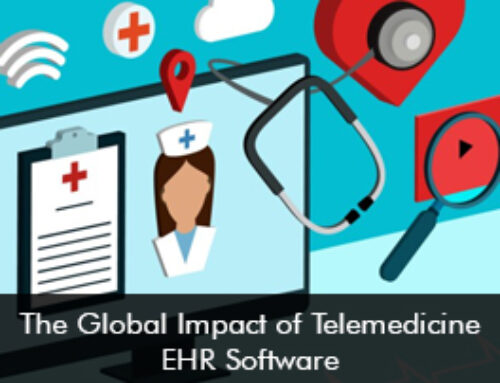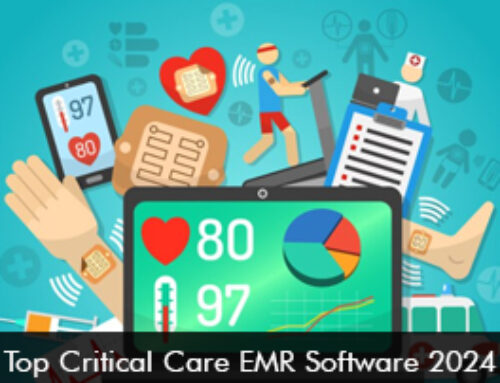A recent survey found out that due to the high levels of physician burnout and great disregard for Electronic Health Records (EHRs), physicians now have mixed feeling about EHRs, data and their analytics. Although some of the physicians have good positive feelings about EMRs, data and analytics. The Electronic Medical Records (EMR) software has been the main focus of physician practices since the last decade.
A 2016 research shows us that physicians spend almost 2 hours on EHR software and their desk work for every hour they directly interact with the patients. In a recent study more than 300 full-time physicians talked about some very important stuff going on. They said things like:
- “As long as EHRs are around, it will be a major factor in physician burnout. That’s why we don’t have it in our 3 pediatrician group. And we LOVE that we don’t. Plus, paper can’t be hacked!”
- “Less time entering all the data. I hate being a ‘data-entry specialist.’”
- “Physicians shouldn’t be expected to be the source of data entry.”
- “EHRs have never been about patient care. Ever. They’re about billing, coding, insurance needs and epidemiology. Since MDs are reduced to data entry clerks, they burn out.”
The survey also found out that:
- Almost 80% of the physicians said that they are personally at a risk for burnout during some point in their careers.
- More than 95% of the physicians said that they experienced negative impacts as a result of physician burnout such as lower empathy for and detachment from patients.
- About 80% of the doctors included in the study say that the “business and regulation of healthcare” has changed the medicine practice for the worse.
After analyzing the high levels of physician burnout, it may come as a surprise that some physicians really have mixed feeling about EHRs, data and analytics. More than 50% of the physicians who were a part of the study said that the introduction of new Electronic Health Records (EHR) and Practice Management (PM) software have both negative and positive impacts. 57% of the physicians said “introduction of advanced data and analytics tools, population health software and data registries has been a positive and a negative development for practicing physicians.”
The study had some other really interesting findings like:
- 86% of the physicians agree that “the heightened demand for data reporting to support quality metrics and the business-side of healthcare has diminished my joy in practicing medicine.”
- 68% of the doctors said that advanced analytical tools are very useful “when it comes to treating and being compensated for care under value-based care arrangements in today’s U.S. healthcare system.”
Healthcare IT and EHR Software Vendors
The results of this study provide an opportunity for EHR software vendors and healthcare IT market. Involvement of physicians and end users in the area of design and implementation of health technology products as well as measuring physician satisfaction before and after implementation is likely to improve physician adoption while reducing physician burnout.







